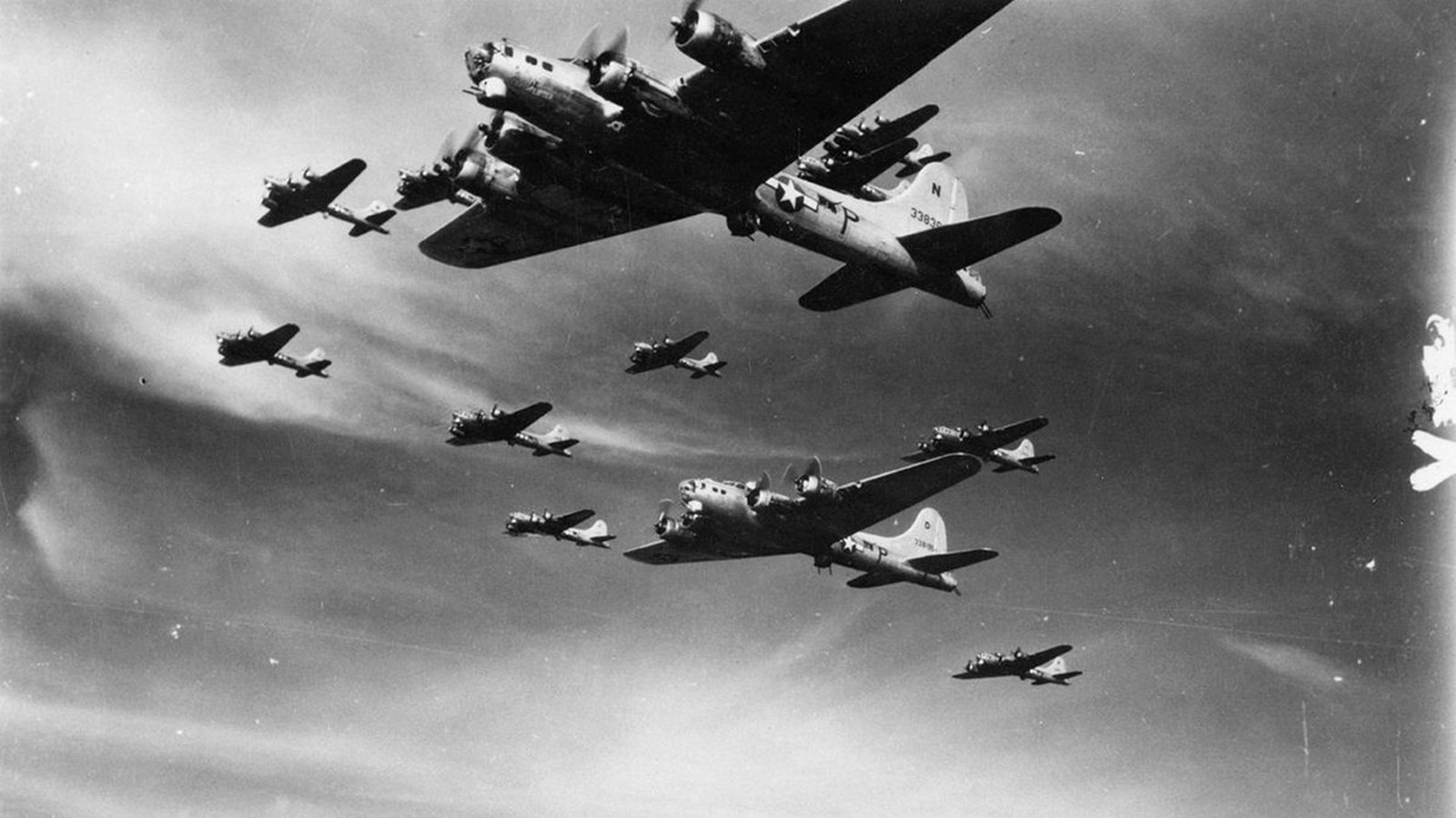Last updated: June 8, 2025
Place
Air War in Europe

American Air Museum in Britain
As you continue to the right, you will see the Air War in Europe. While the Allies prepared for major amphibious invasions in Sicily, Italy, Southern France, and Normandy, they also waged a relentless air campaign to cripple Germany’s and Italy’s war-making capabilities.
From 1942 to 1945, American and British forces carried out strategic bombing operations. The U.S. focused on precision daylight bombing, targeting German factories, airfields, aircraft, and U-boat facilities. Meanwhile, the British conducted nighttime raids, ensuring around-the-clock pressure on the Axis.
The introduction of advanced fighters like the P-51 Mustang, P-47 Thunderbolt, and P-38 Lightning—alongside heavy bombers such as the B-17 Flying Fortress and B-24 Liberator—allowed the U.S. to dominate German air defenses. By 1944, American air strategy shifted to support Operation Overlord, the D-Day invasion. The U.S. Army Air Forces (USAAF) played a crucial role in ground support as the Allies pushed deeper into Western Europe.
The cost of victory was high. The USAAF suffered significant losses, accounting for 12% of all U.S. Army casualties in the European theater. Their sacrifice was instrumental in securing Allied air superiority and ultimate victory.
